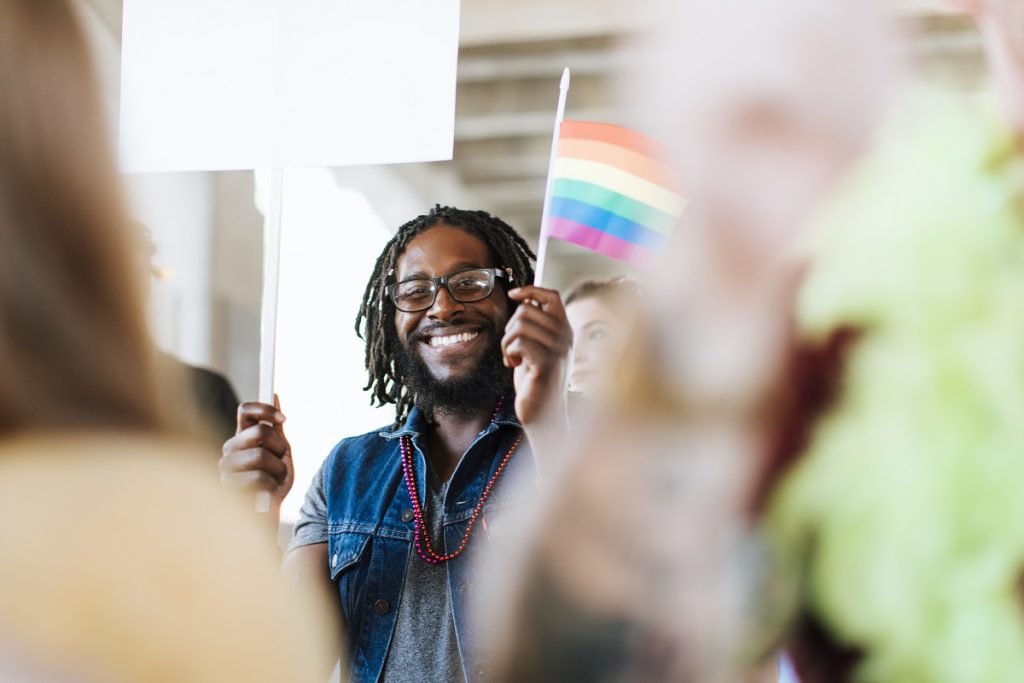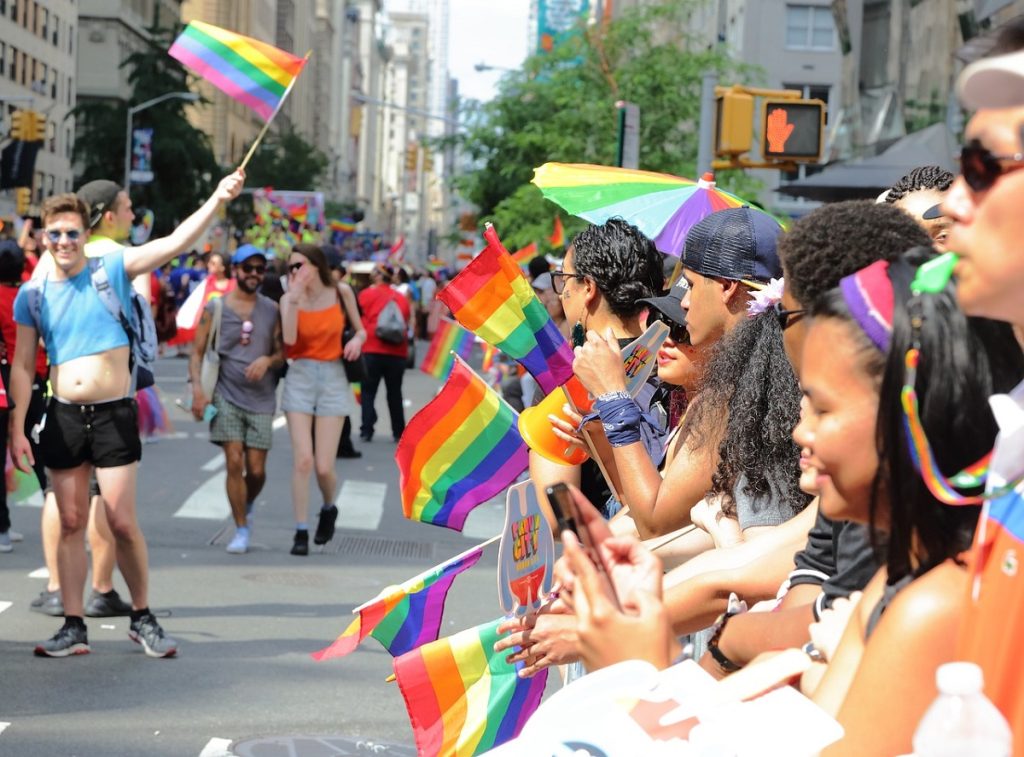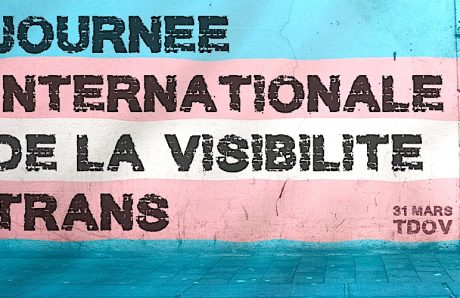
The well-being of people who belong to a minority concerns every human being. The problem of identity for trans people is sometimes misunderstood in a world where they feel threatened, intimidated or physically attacked. In France, some 15,000 people are transgender, and every year 65% of them are victims of discrimination. However, the transgender movement is increasingly encouraging people to learn more about the community’s visibility and importance. The rest of this article reveals the elements that will enable you to give more importance to transgender visibility in our society.

What is a trans person?
A person is trans when their gender identity does not correspond to their biological sex. And this awareness of gender identity develops over time. In concrete terms, an individual born with a male sex who identifies as a woman is a trans woman. In other words, being transgender simply means that our gender identity differs from the sex we were assigned at birth. From the age of 4, a child can begin to notice and explore different gender identities. For example, during play with friends and family or other social interactions, they may question and seek to understand the world around them. By the age of 7 or 8, they are able to express and assert their identity with confidence.
To express their identity in society, trans people often change their first names. They may also change their style of clothing and hairstyle. But the most common trans transition is a physical one. While some consider cosmetic surgery, others prefer to take hormones, which lead to changes in voice, body hair and breasts. During this transition, transgender people face many challenges: the gaze of society, the effects of hormones, surgery… Fortunately, sexologists, psychologists and doctors can guide a trans person through the many options available to help them move forward. On a personal level, to support a trans person, you should ask them whether they prefer the personal pronoun he, she or it. You should also avoid intrusive questions about genitalia or surgery.
Transgender visibility: why is it important?
In their day-to-day social and professional lives, trans people are confronted with judgments and discrimination that sometimes lead them to question their identity. What’s more, a number of transphobic organizations continue to emerge in society, putting forward unfounded arguments. Although some public figures are also concerned about an alleged trans epidemic, recent years have seen an increase in the recognition and visibility of transidentity. We must therefore continue to support and promote diversity in transgender identity.
This visibility will involve better informing the public on the subject, and affirming the value of trans people’s existence in society. That’s why a specific event has been set up: the International Day of Transgender Visibility. It underlines the need for solidarity with others, and the fact that trans people are not alone. More than a simple recognition of the actions carried out by the transgender movement, this day aims to highlight positive experiences and put an end to the stereotypes at the root of discrimination. This progress is useful for better inclusion and respect for the rights of transgender people, particularly in the workplace.
In France, the International Day of Transgender Visibility has been observed or celebrated every year since 2018. It particularly highlights the successes and important contributions of trans people in breaking free from discrimination. It also reminds us that every step towards understanding and acceptance is a step towards a more just and inclusive society for all. This is a godsend for positively influencing public authorities to adopt measures for trans diversity, inclusion and equity.

What are the avenues for greater transgender visibility in France?
While the establishment of an international day to promote transgender visibility is already to be welcomed, much more needs to be done to enable all those concerned to live their sexual orientation freely in France. In the media, for example, the general public needs to see more transgender people on TV shows, films and series. In terms of culture, we could do more to promote artistic and literary works by activists for the cause.
In national education, integrating training programs dealing with gender diversity will specifically kill the evil at its root, i.e. combat transphobia in the youngest children. This will guarantee a future generation inclined to trivialize procedures such as changing one’s name, taking hormones, undergoing cosmetic surgery and so on. By extension, we can also train police officers, social workers and even teachers in gender-related issues. Also, to make associations fighting for the promotion of transidentity more effective in the field, public authorities need to increase their financial and logistical support. This will make it possible, for example, to set up support centers in the main regions of France. The aim is for these places to be frequented by transgender people who need support and advice tailored to their situation.
As for legislation and politics in general, they need to strengthen laws against transgender discrimination in all areas (public services, housing, employment, etc.). The procedures for changing civil status must also be simplified more clearly and rapidly. Above all, they must be carried out with strict respect for the dignity of transgender people. It would also be useful to gather together all the archives concerning the evolution of the situation of transgender people in France. This will highlight the struggle of trans people to reach this stage.

Ultimately, transgender visibility is important to ensure the well-being and acceptance of trans people in society. Despite the discrimination and challenges trans people face, their identity cannot be underestimated. Actions such as World Transgender Day of Visibility are undertaken with the aim of educating, promoting inclusion and combating all forms of transphobia. In addition to this day and the various actions already in force, we’ve highlighted a number of other avenues that can help raise transgender visibility in France. All that’s left is to take action to be heard and responded to in the right way.







